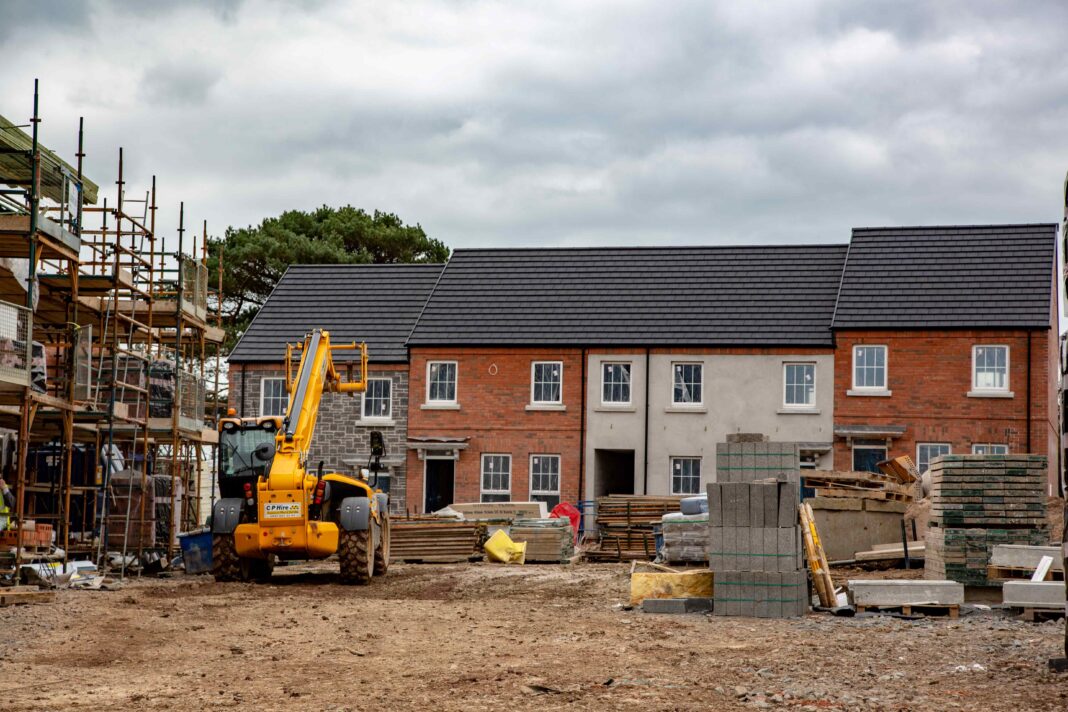In the evolving hierarchy of life goals, one aspiration now dominates for the UK’s new generation of couples: owning a home.
According to new research from Zoopla, 48% of UK renters in relationships say purchasing a property is their leading financial priority – eclipsing weddings by a factor of six. Only 8% cited saving for marriage as their main goal.
This shift is not just cultural, but profoundly economic. As housing costs continue to outpace wage growth, homeownership has become both a status symbol and a financial necessity, increasingly seen as a foundation for long-term stability and wealth creation.
For property professionals, this recalibration of priorities offers key insights into buyer behaviour, demand dynamics and the emotional drivers behind transactions.
GENORATION Z
Among Generation Z, the pivot is particularly surprising. Just 57% are now projected to marry, down from 72% of Generation X and 87% of baby boomers. In contrast, nearly 60% of Gen Z cite homeownership as their primary financial target, with only 6% prioritising wedding costs – reinforcing a broader generational trend toward investing in tangible assets over traditional ceremonies.
PROPERTY AMBITIONS
Yet ambition is colliding with market reality. The average UK deposit required for a first-time buyer home stands at £56,700. Survey respondents, however, believe they will only need to save £27,600 – revealing another surprising disconnect between expectations and actual entry points to the market.
In London, where the average first-time buyer deposit exceeds £138,000, prospective buyers estimate they’ll need just £39,800 – a shortfall of nearly £100,000.
The gap highlights a mounting affordability challenge, particularly in the capital and southern England, where typical homes in eight out of ten towns are valued at more than four times annual household income.
TIME TO ADJUST
In response, prospective buyers are making sharp lifestyle adjustments. A quarter of couples say they’ve had to choose between saving for a home and a wedding, while 37% are intentionally planning less expensive weddings to fast-track their property goals. This pragmatic pivot is also placing new emotional stress on relationships: 49% of couples report tensions stemming from property-related financial pressures.
NORTH-SOUTH DIVIDE
Regionally, the data paints a familiar but deepening divide. In northern England, 43% of renters feel homeownership is achievable within the next five years – a figure that drops to just 34% in the south. Optimism is even thinner in the West Midlands (23%) and London (18%), where affordability barriers remain entrenched.
Millennials, often assumed to be the next surge of family buyers, appear particularly squeezed: just 9% believe they can prioritise homeownership in their current region.
Developers and estate agents operating in more affordable regions may find rising interest from location-flexible buyers – particularly remote workers and younger professionals prepared to compromise on geography to achieve property ownership sooner.
FAMILY TIES
Perhaps unsurprisingly, the ‘Bank of Mum and Dad’ remains a central pillar in the property journey.
One in four couples expect to receive financial contributions from parents or in-laws – a figure that rises significantly in the south of England. For agents, mortgage brokers, and advisors, the influence of intergenerational wealth is now a consistent feature of the high-value first-time buyer profile.
More broadly, the Zoopla data suggests a fundamental reordering of life-stage economics. Where marriage once signified the start of a financial partnership, today’s couples are increasingly viewing property as the foundational milestone – the moment that cements long-term intent, both emotionally and financially.
IMPORTANT ROLE

Daniel Copley, Consumer Expert at Zoopla, said: “Home ownership clearly plays an important role in the aspirations of UK adults, with many prioritising it over getting married.
“However, achieving this ambition is challenging due to the considerable affordability gap, with our data highlighting the significant disconnect between what first-time buyers believe they need to save for a deposit and the actual amount required.
“This underscores that affordability is a central pillar in people’s home-buying decision-making process. Aspiring homeowners should engage with a qualified mortgage broker early on.
“They can provide essential guidance on deposit requirements, affordability thresholds and available financing options, ensuring buyers are well-informed as they embark on their property journey.”









